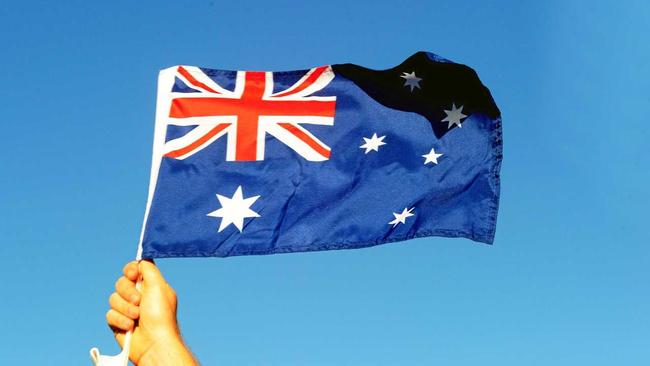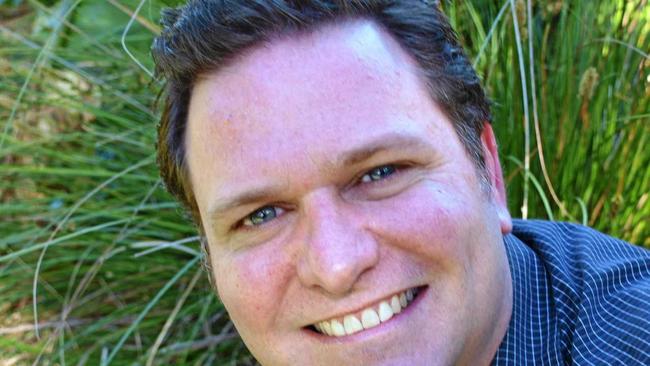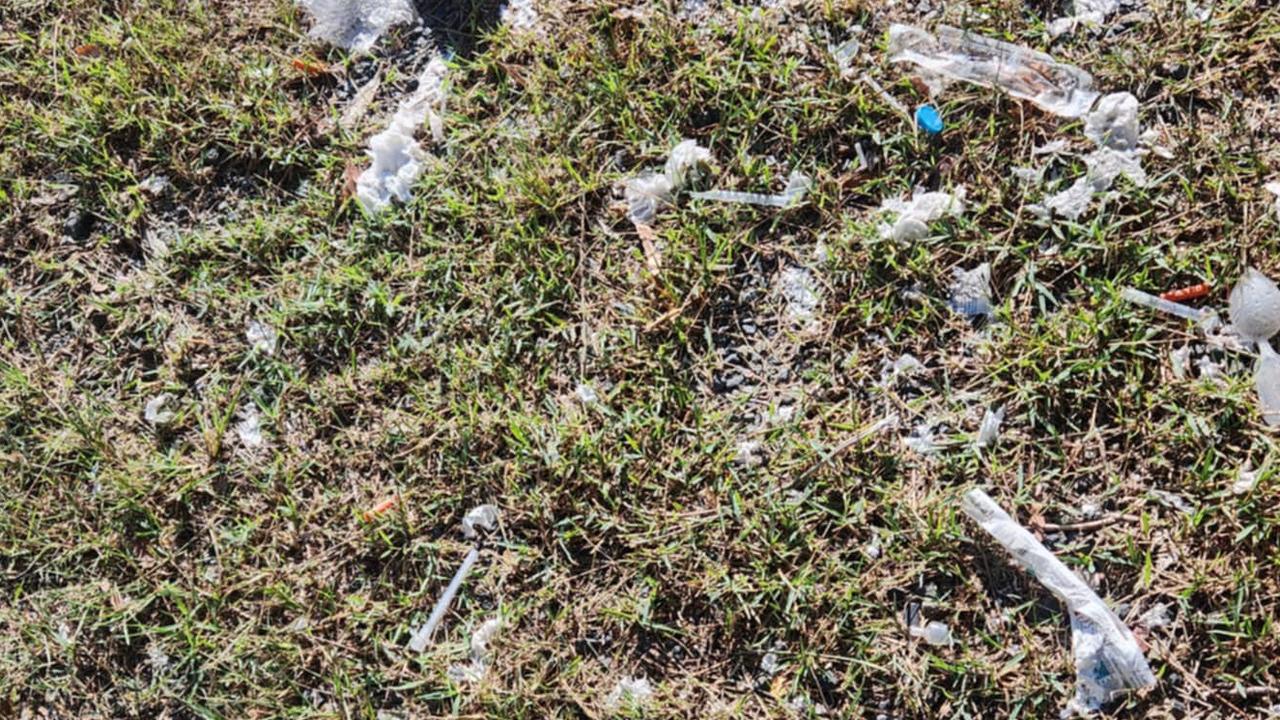Australia Day is an 'inappropriate way and day to celebrate'
"JANUARY 26th ... was a day that the English came with British convicts to establish an English colony - there was nothing Australian about it."

Lismore
Don't miss out on the headlines from Lismore. Followed categories will be added to My News.
THE questions and unease around the celebration of Australia Day on the 26th of January continue and this will not abate. It will grow.
For most Australians, this day is not much more than a holiday and the mark of the end of the summer's holiday.
For the remaining Australians, it is probably split evenly between those who think it is the correct day and correct way, to celebrate our country's achievements, both past and present. And those like me, who feel it is an inappropriate way and day to celebrate, when it is also the day the decimation and denigration of the first Australians began. Decimation and denigration that we still have not rectified, learnt from, apologised for or paid penance - our national wound remains.
Many other countries have grappled with this and so learning from others may point us in a good direction. I would love the way we celebrate and the day we celebrate who we are as a nation, to be different.
January 26th has no relationship to being Australian; it was a day that the English came with British convicts to establish an English colony - there was nothing Australian about it.
We could change the date to one that marks the concept or reality of 'Australia'. It will never be the day of Federation, January 1st, because Australians being Australians, that is already a holiday and we can't overlap - we need great bang for our public holiday buck.
We could explore dates when Henry Parkes made a famous speech about establishing 'Australia' or some other date of significance, though this would mean a fair load of change, debate, angst and difficulty.
The current Australia day does not mark 'Australia', but English colonisation. I would love my family to celebrate our country in a way that includes and honours all our stories - whatever our skin colour, ethnicity or origins.
What about celebrating Australia Day the day before?
An evening tradition of celebrating Australia day on the 25th could symbolise the richness and importance of the first Australians. It would directly and clearly symbolise that across our towns and cities, the Australia we are celebrating began with our local mobs; we would focus on a positive time for our Indigenous history, rather than a day that pinpoints the start of their collective sorrow.

I'd love my kids to also continue to acknowledge their British roots and origins and its cultural significance of Australia's past. And for them to respect those who feel strongly and nationalistically that this day is one to pay respect for those who fought and died in the name of 'Australia' and who wish to honour our achievements of the last two hundred years. It is close enough to the 26th to fit within our social and business calendars and our lifestyles built around summer - it would be easy to do if we had the will.
I'd love my family and friends to learn from local Indigenous Elders and mobs to find out what they think such a day and how we could celebrate who we are and what is to be Australian.
Though answers and ideas may change from area to area, asking and listening rather than telling, would be a mature, rare step towards true unity and an inclusive, diverse Australia.
When my family joins me at the various events on Australia day, I'd love them to be part of events and ceremonies co-created by our local mob-instead of them only invited to welcome us to their country and then have them sit to the side for the formalities or leaving to celebrate Survival Day.
I imagine celebrating an Australia Day with my kids starting at dusk on the 25th, consisting of an Indigenous feast, music and celebration from many ethnicities, awards as per usual acknowledging great actions by our locals and circles of everyone - momentarily together - for one beautiful moment a year. Acknowledging our collective past, present and future.
I'd love to a part of that. I'd love my kids to be a part of that. I'd love the diverse country I love to be a part of that.


